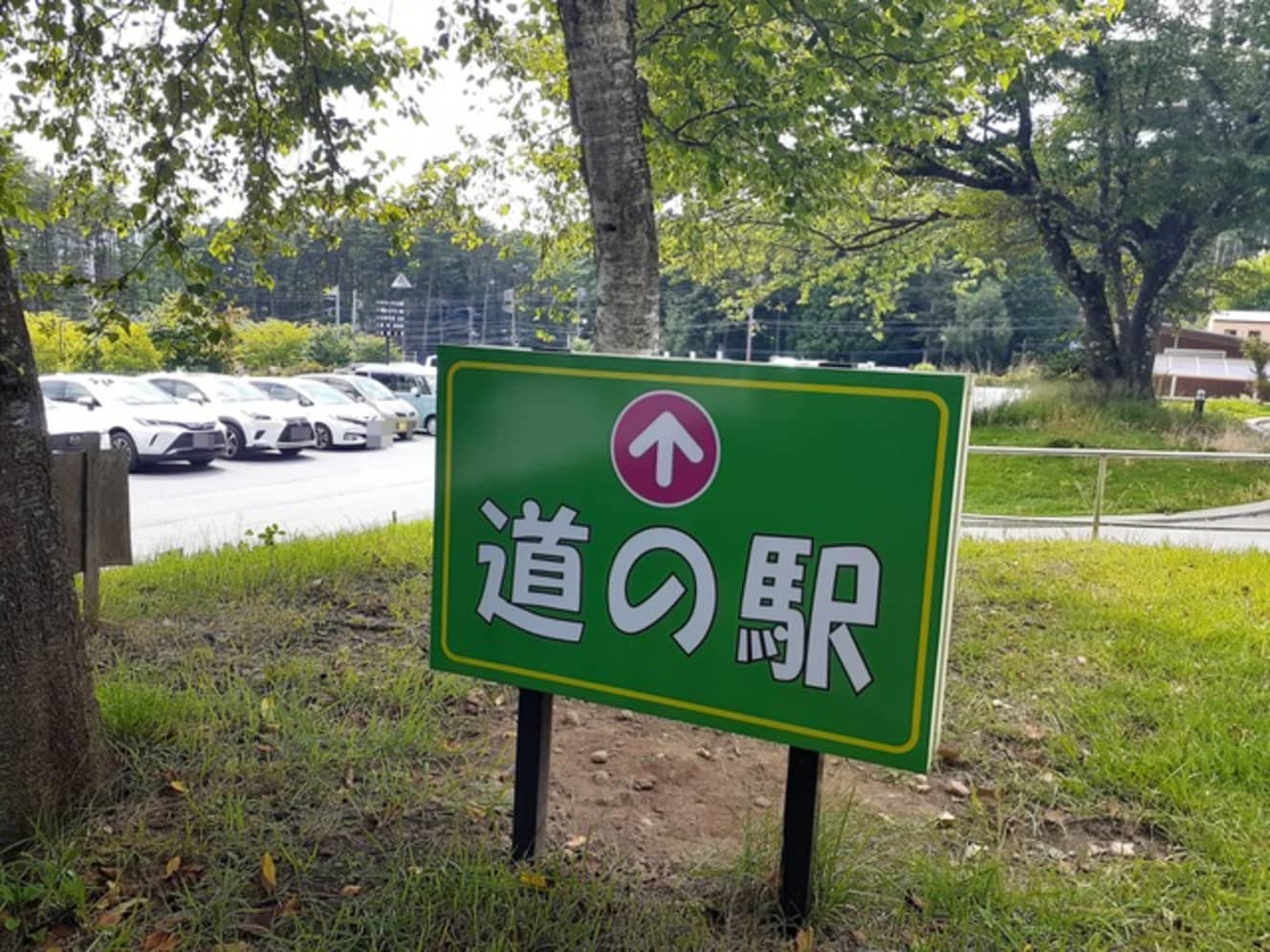The Facts are Embarrassing…Confessions of a Young Female Impoverished Person Who Lived Inside a Light Car
Nonfiction writer Kota Ishii takes a close look at the reality of the "Young Homeless," young people who have lost their homes!
Following the first part [ Severe pain in the back and defecation problems…a harsh reality], we would like to look at the process that led to the young woman living in the car.
Victim of violence: Woman (22 years old at the time of living in the car)
Chiai Okazaki (pseudonym, hereafter referred to as “Chiai”) was sent to live with her grandparents in Ibaraki Prefecture after her parents divorced when she was in the second grade of elementary school. Her parents had each remarried and started a new family, and they were no longer in contact with each other.
When her grandfather became ill and died during her first year of high school, she dropped out of high school and began working at a factory. Her grandmother became depressed after her husband’s death, and Chiai had to do everything, including work and housework.
One day, at the age of 19, Chiai falls in love with a man named Shuto, whom she met through an acquaintance. Tired of living with her grandmother, who was mentally ill, she began to stay in Shuto’s apartment. Then, her grandmother became angry with Chiai.
Why do you leave me alone and go to some strange man?
Let me do what I want!”
That was her grandmother’s argument. Every time they saw each other, they argued back and forth. Finally, Chiai couldn’t take it anymore and shouted, “Let me do what I want with my life.
It’s my life, let me do what I want!
She ran away from home and started living with Shuto in his apartment.
After about a year, a dark cloud began to hang over their life together. First, it became clear that Shuto was about 2 million yen in debt. Chiai wanted to get married, so she promised to pay him back little by little together.
However, Shuto got into trouble at work and quit his full-time job. Soon after, he found a part-time job, but even there his relationship with his boss did not work out, and he lost his job in less than six months.
Shuto became desperate and stopped working, saying he would become a programmer or get a certification. In the meantime, he still had to make a living and pay off his debts, so inevitably Chiai had to support the family financially on her own. But the factory job had its limitations.
As their relationship became strained, Shuto began to drink and raise his hands to Chiai. Living difficulties, debt, and domestic violence ……. Chiai reached the end of her patience, and one day, right after the DV, she left her personal belongings at the apartment and fled in her own mini-car.

Every day, I received hundreds of angry messages from Shuto. I’ll kill you if you don’t come back,” “At least bring me some money to live on,” “Who do you think took care of you?
As she read the messages, which came in day and night, Chiai began to think that she would be killed if she was discovered, and quit the factory where she worked. Unfortunately, she had no one to turn to. She had run away from her parents’ house as if she had run away from home, and she had not been in touch with her parents for more than 10 years. All her friends were known to Shuto.
Out of necessity, she drove two hours away to another town and started a part-time job cleaning hotels. She chose to work behind the scenes at a supermarket or restaurant because of the possibility of Shuto finding her. At first, she slept and woke up in a light car thinking it would be until she had enough money, but due to the new Corona, she was not able to work as many shifts as she wanted, and it became a sneaky and prolonged process.
She describes her state of mind at the time as follows.
I was sleeping in the parking lot of a large convenience store at night. I was scared of being alone in the middle of nowhere, so the only place I could find that seemed safe and was occupied 24 hours a day was a convenience store. However, there were times when I would get kicked out of my car while I was sleeping, or the clerk would warn me and kick me out. I was constantly freaking out at night and waking up every 30 minutes.
I didn’t connect with support because I didn’t think I was eligible. I didn’t have a home, but I had a place to sleep and a job, so I knew no one would help me. So I thought I would have to live in my car, save money, and do something about it.
After 11 months of living in his car: ……
There was an option to sell the car and rent an apartment, but without a car, he could not go to work and had no way to escape if he was discovered by Shuto. This was one of the factors that prolonged her life in the car.
Chiai lived in the car for 11 months. One day, when she fell ill, she asked a colleague at her part-time job for advice and was referred to a consultation service. When she contacted them, they offered her a path to enter a shelter and rebuild her life from there because she was a victim of domestic violence. So she placed herself in the shelter, and with support, she was on the path to independence once again.
This shows that even women in their twenties can lose their housing and end up living in their cars with surprising ease.
However, living in a car for women entails many risks, including assault and robbery. However, the fact that they have a job and a car makes it difficult for them to get support. This is why they tend to live in their cars until they have some kind of trouble, such as a physical breakdown.
Chiai said, “When I was living in my car, I lived in a convenience store.
When I was living in my car, I was once approached by a convenience store clerk and a police officer who asked me if I was all right, but I was too embarrassed to tell them the truth. It is difficult for a young woman to say that she lives in a car. So we inevitably end up living in hiding.”
This must be the true feelings of the young women living in their cars. If we are to provide support, the question is how to overcome this hurdle.
Call for Applications
The series “Young Homeless” is looking for people in their 10s to 40s who have no permanent place to live. We are looking for the real-life experiences of people who have lost their housing, either now or in the past, such as people living in cars, Internet cafe refugees, migrant sex workers, day laborers living in dormitories, hotel dwellers, store dwellers, and people living in support facilities, as well as the voices of those who are providing support for these people. Anonymous or other conditions are acceptable, so please contact the author.
Kota Ishii (Author)
Twitter @kotaism
Email postmaster@kotaism.com
Interview and text: Kota Ishii
Born in Tokyo in 1977. Nonfiction writer. He has reported and written about culture, history, and medicine in Japan and abroad. His books include "Absolute Poverty," "The Body," "The House of 'Demons'," "43 Killing Intent," "Let's Talk about Real Poverty," "Social Map of Disparity and Division," and "Reporto: Who Kills the Japanese Language?
Photo: Kyodo News
